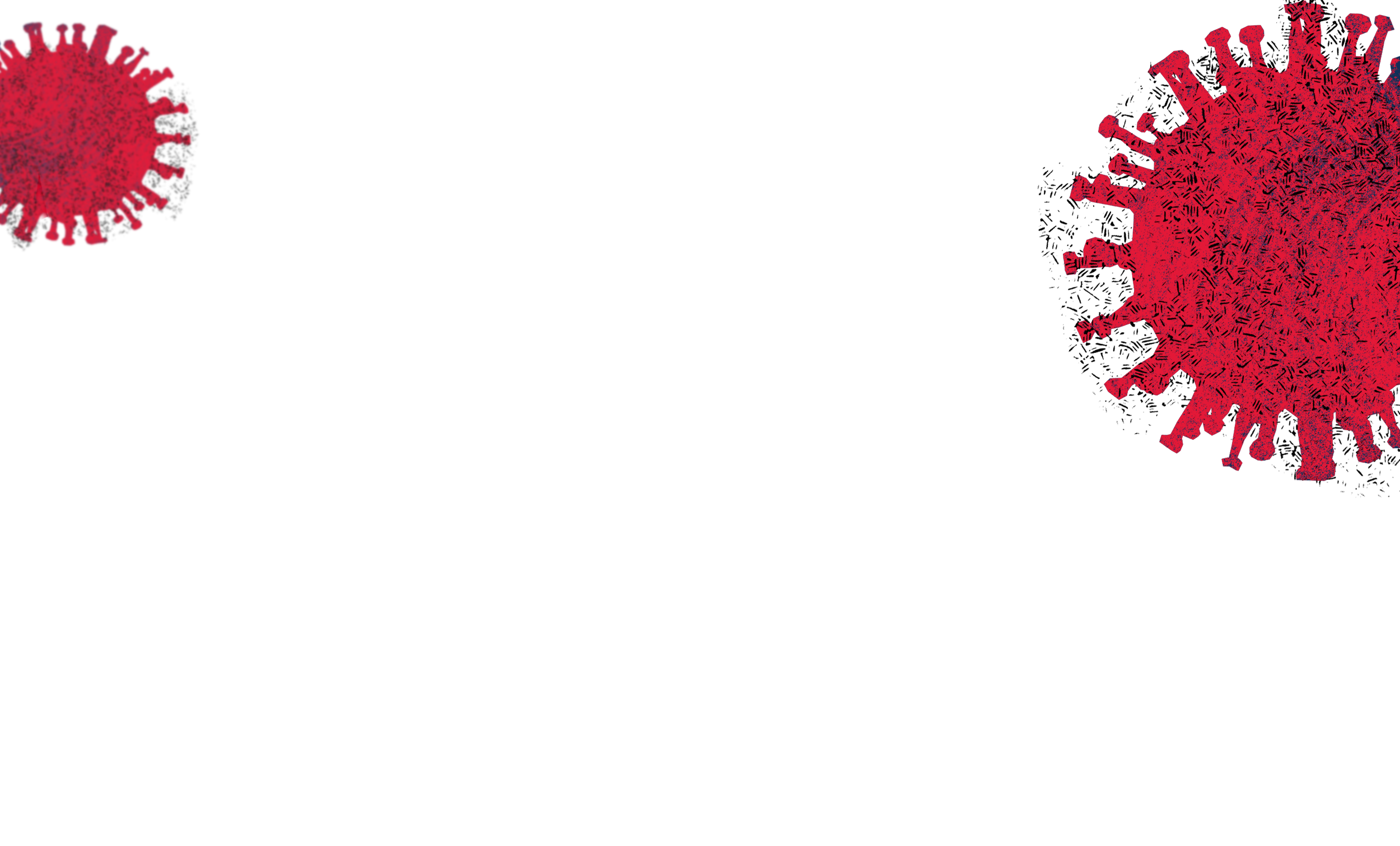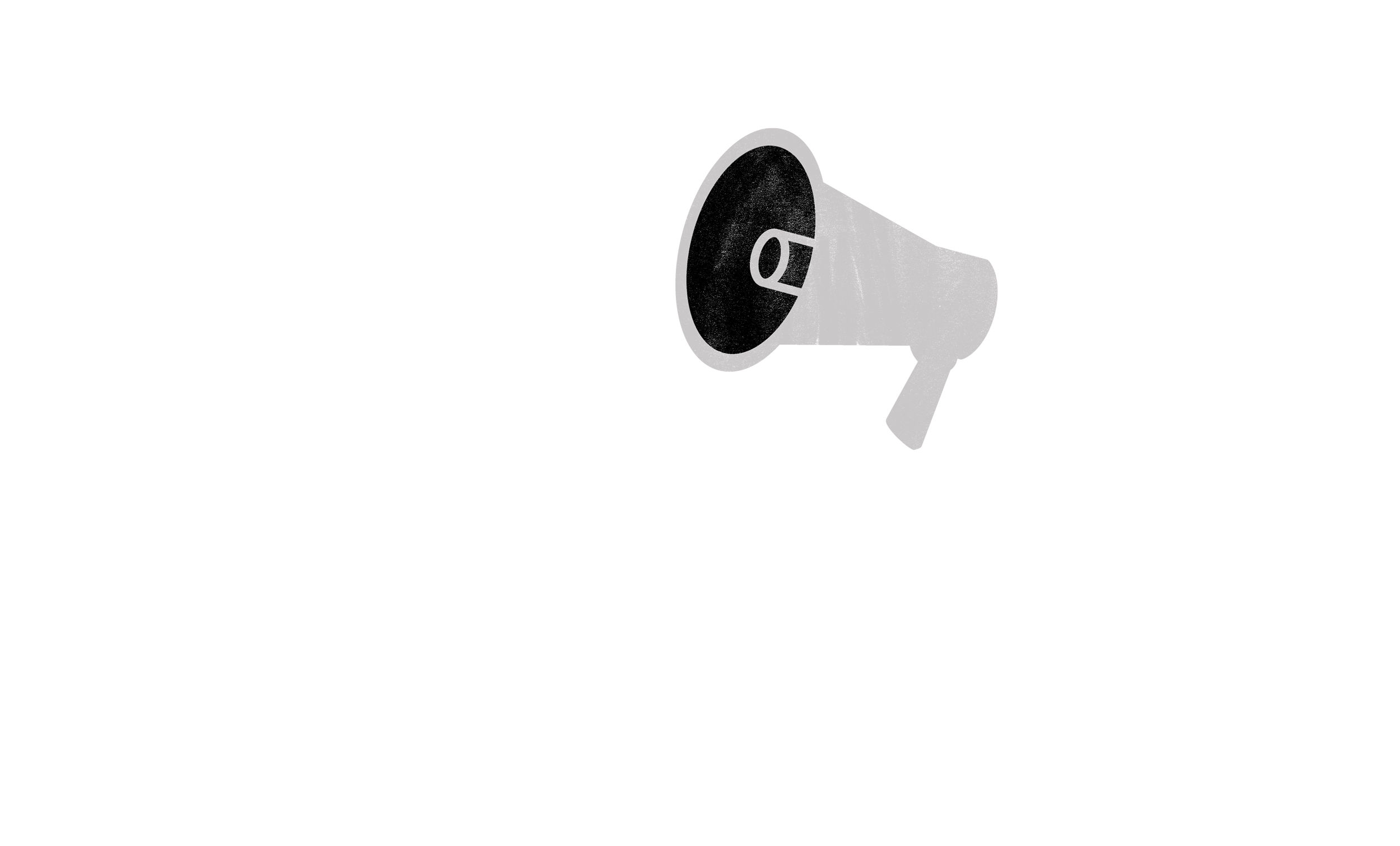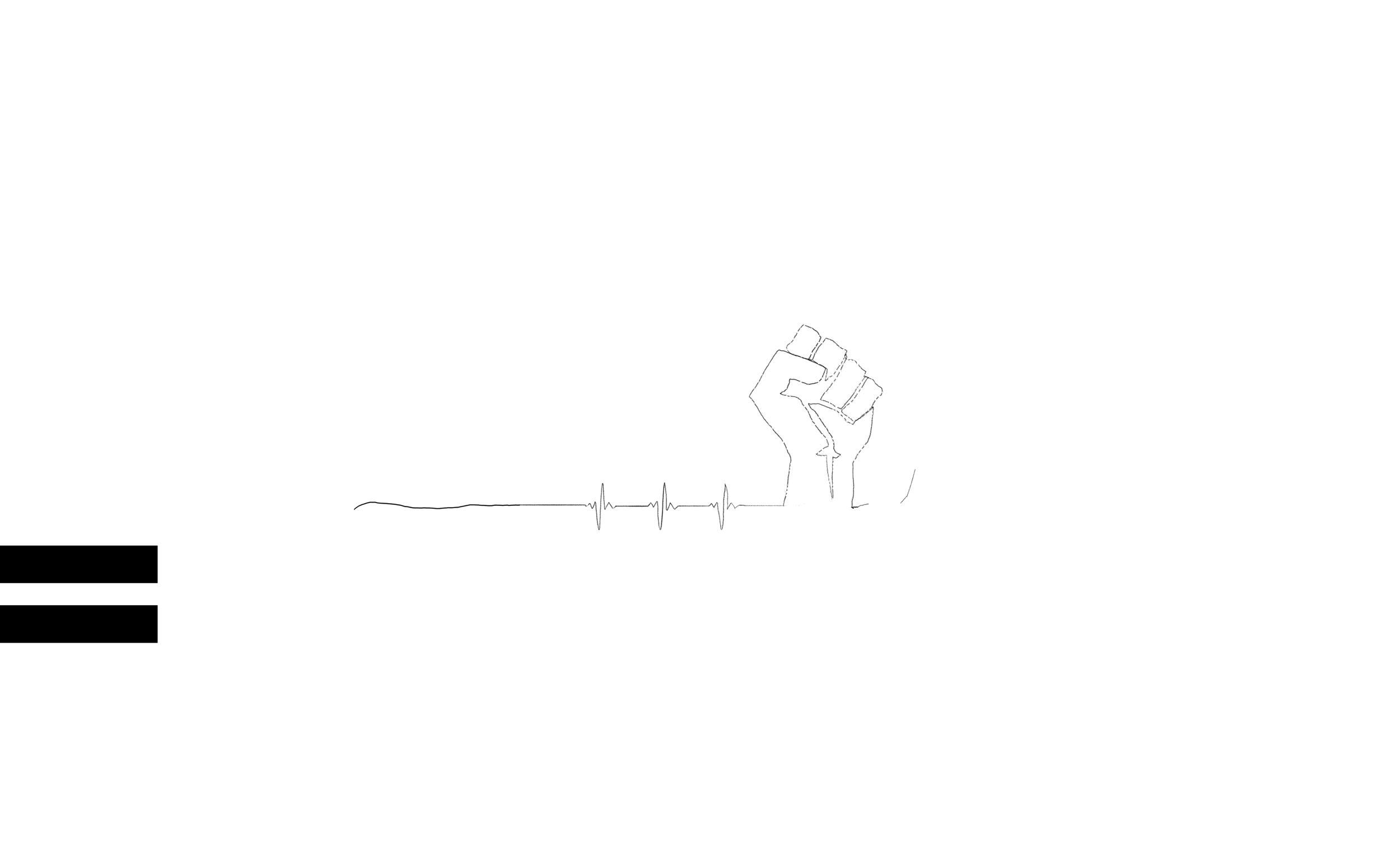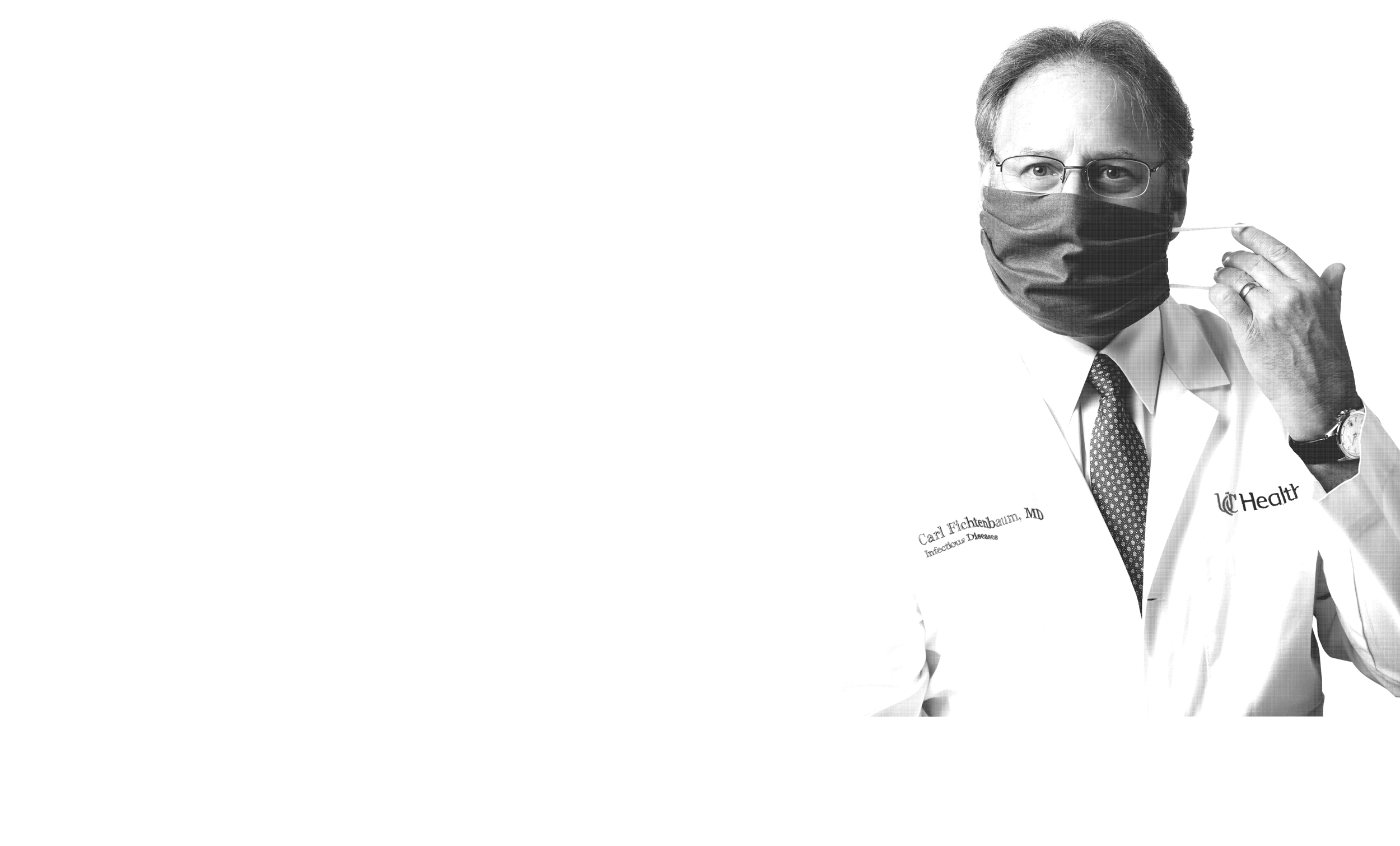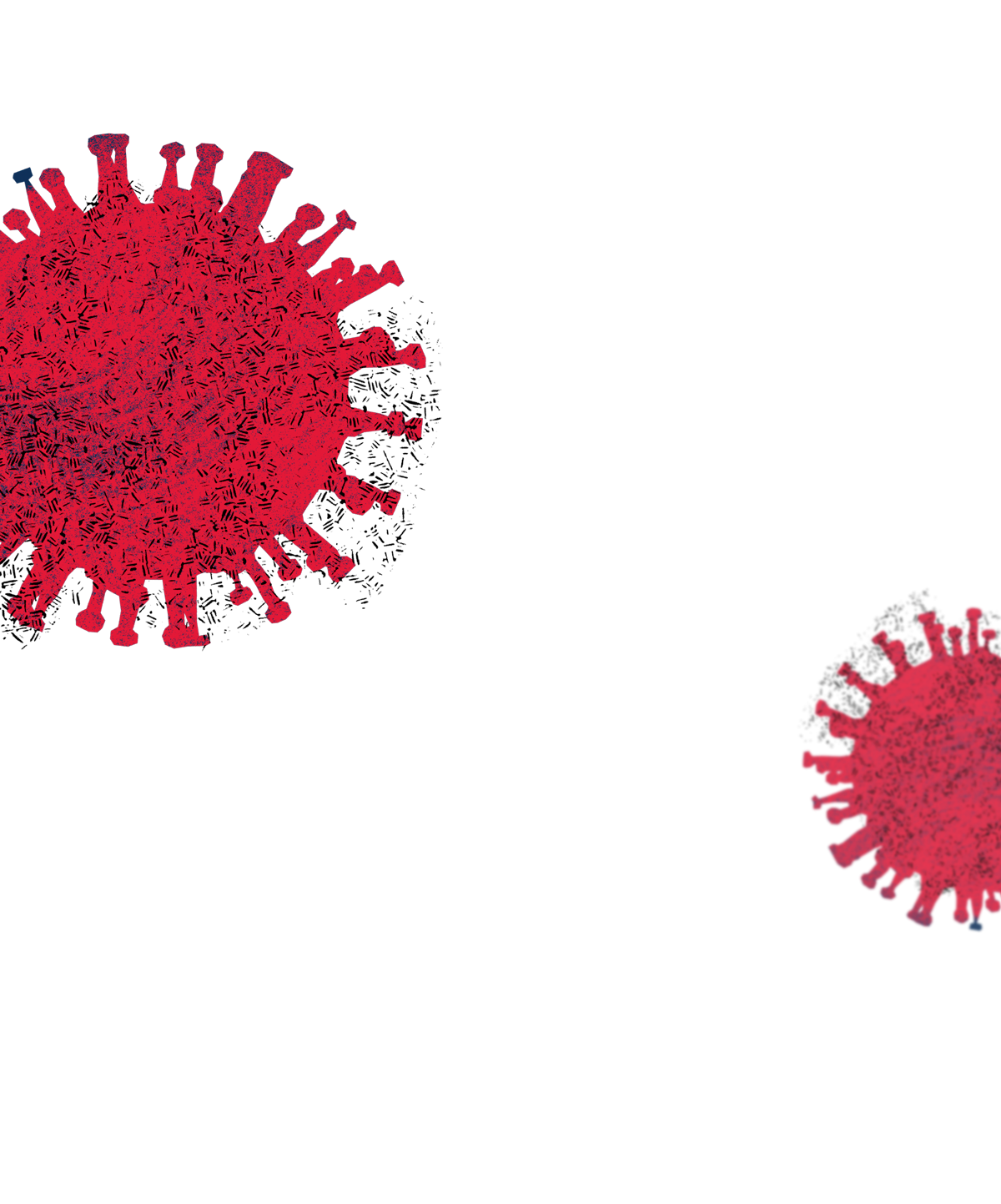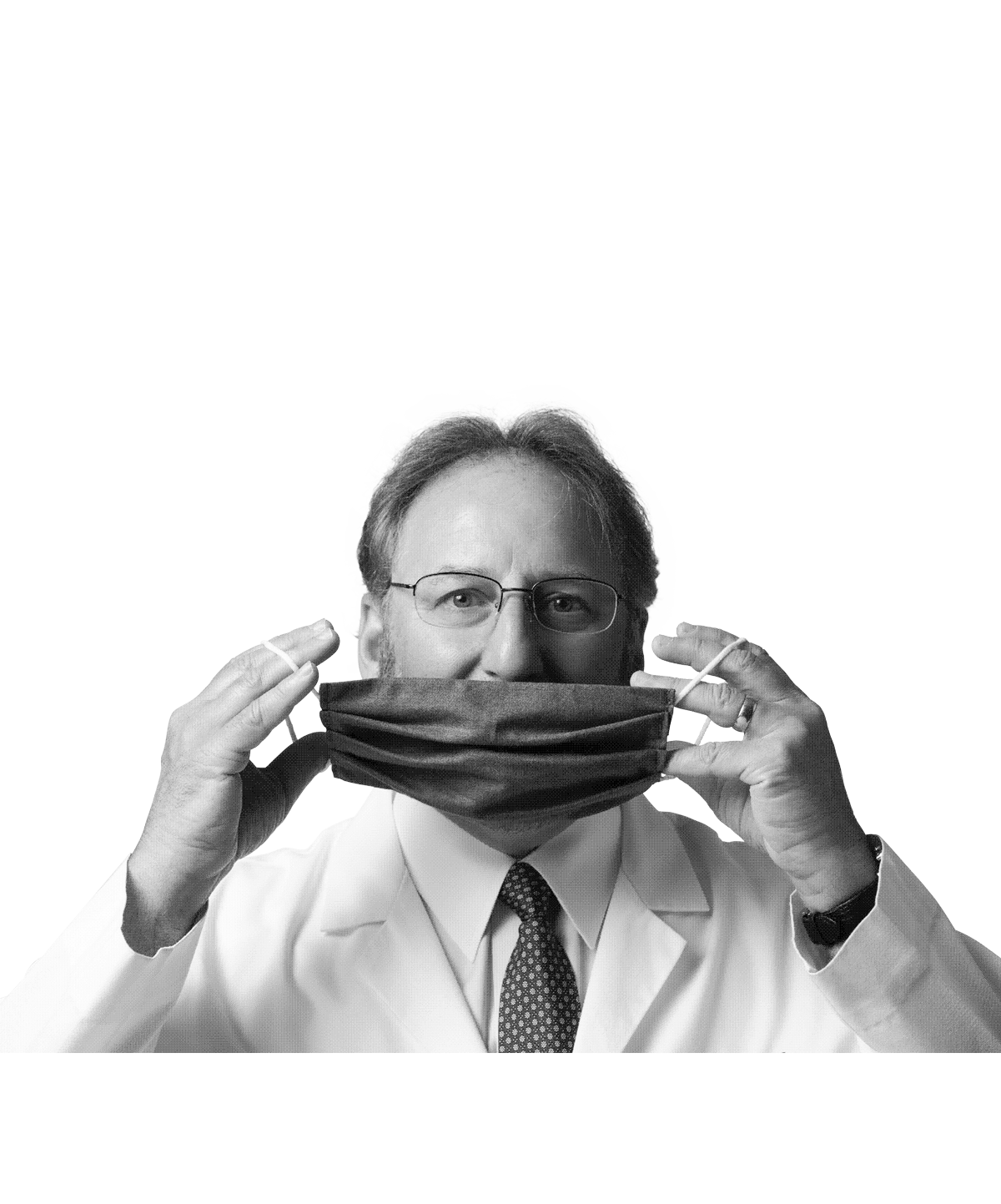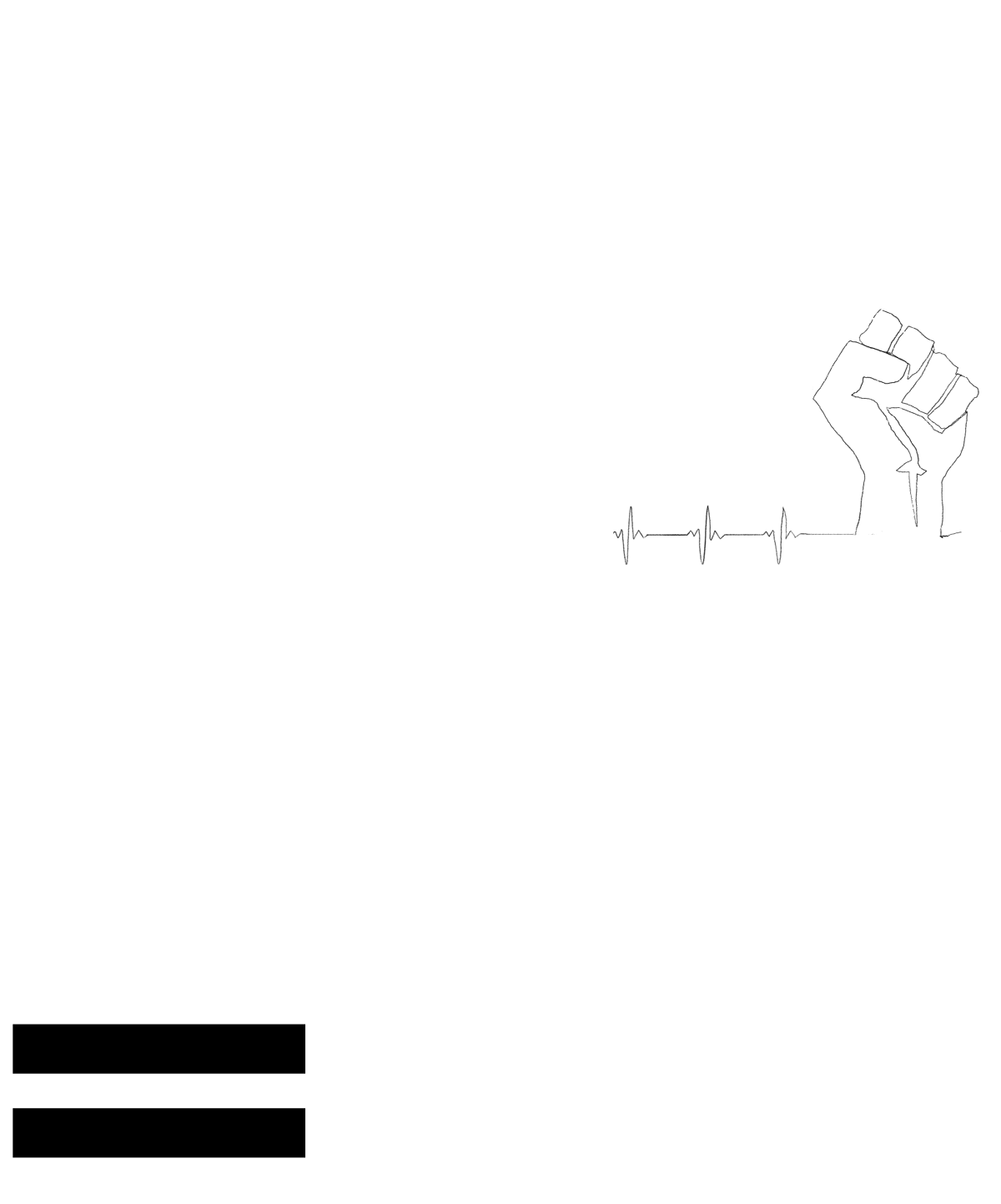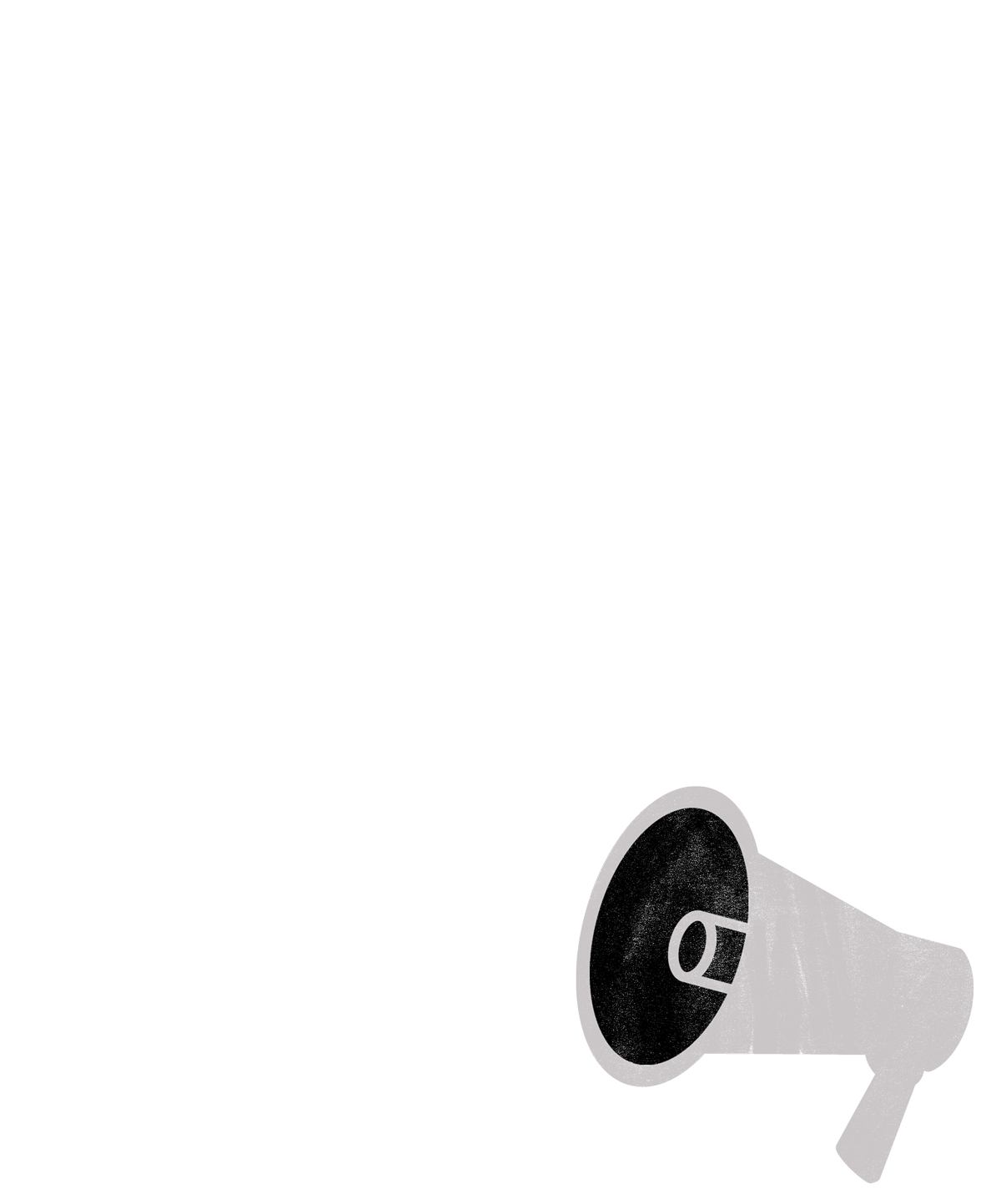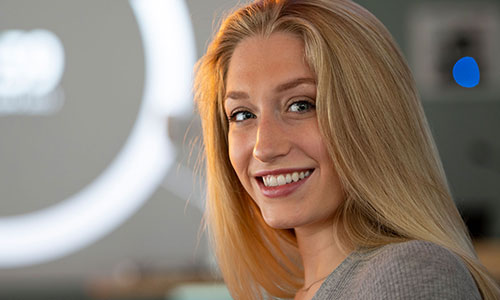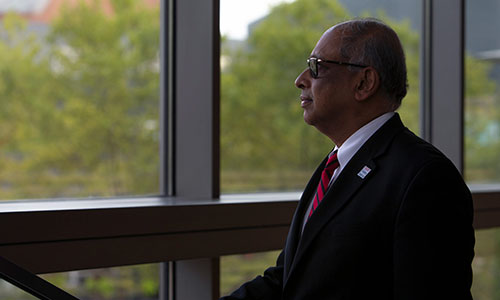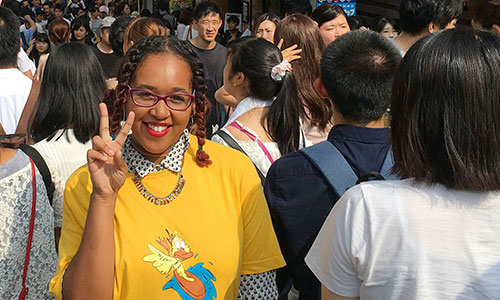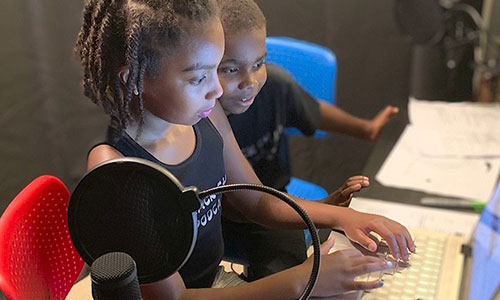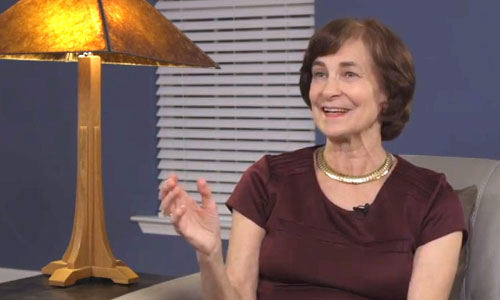When the COVID-19 pandemic emerged early in 2020, Fichtenbaum says it took him back to his early days of battling HIV.
“Health care providers were as scared then about HIV as they are taking care of people with COVID-19 now,” he says. “We were doing HIV studies and trying to enroll people and some of this reminds me of what it was like then. COVID-19 is a much higher level of activity than I’ve ever been involved in professionally. You’re trying hard to make a difference as quickly as possible knowing how serious this could be with millions of lives possibly at stake if we don’t make the right decisions.”
In one of the first of what would become many media interviews about COVID19, a local TV reporter asked Fichtenbaum if she should refer to him as “doctor” or “Carl.”
“I’ll tell you what I tell my patients,” he replied. “Please call me ‘Carl.’ If it makes you more comfortable to call me ‘doctor’, that’s fine, but I’m a person just like you. I just happen to have training that might help you feel better.”
When asked where that lack of pretense comes from, he says it goes back to his grandma Helen, Leo’s mom. She came to the United States when she was seven, leaving behind abject poverty in Poland where Jews were not welcome and were being beaten. Fichtenbaum describes her as a dynamic human being with a larger-than-life personality.
“My grandmother always said, ‘You must be the best you can possibly be, but never boastful about what you do. You work as hard as you possibly can and others will know that you are a good person and you’re reliable in what you do,’” Fichtenbaum says.
“That’s where it comes from, it comes from her,” he says. “She was an advocate in her community and fighter for social justice.”
He says one time grandma Helen chained herself to the door of an apartment to prevent the police from evicting a family, and his grandfather had to bail her out of jail.
“There’s a lot in the history of my family in who I am.”
